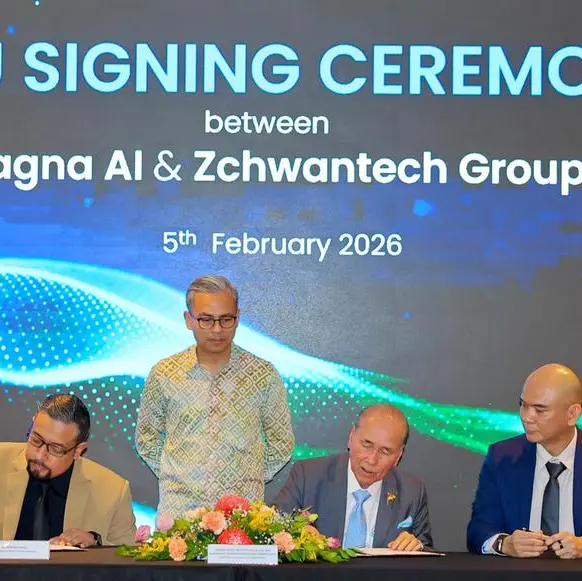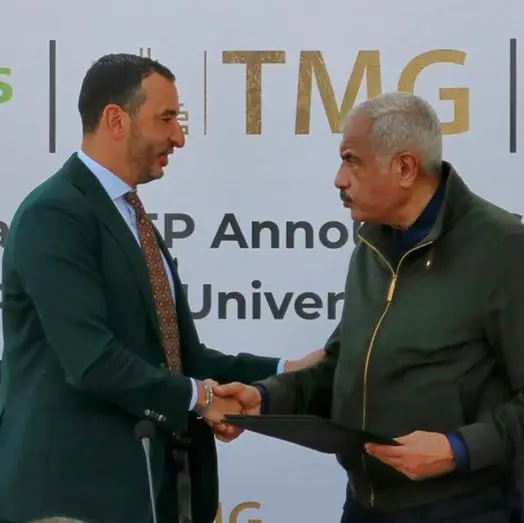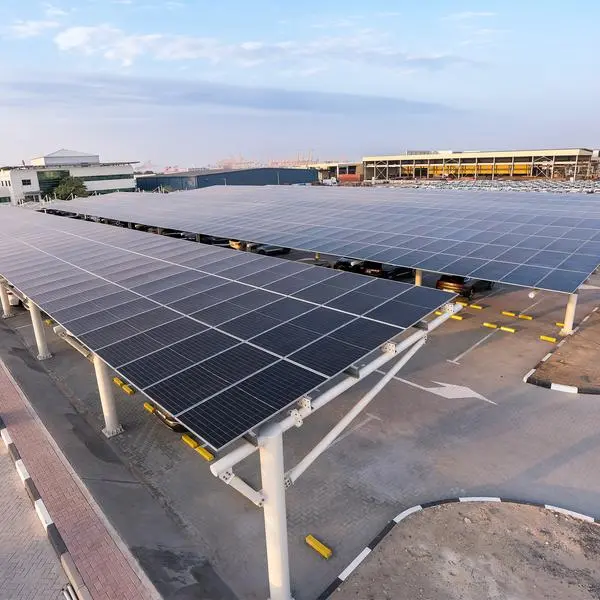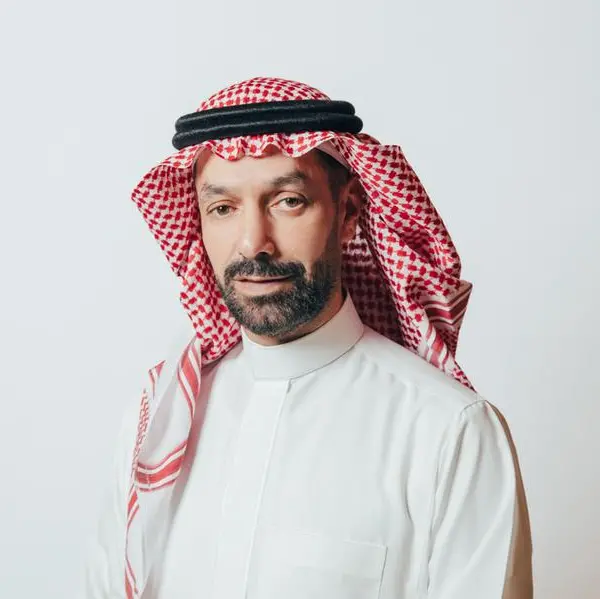Globally, 3.7 billion people do not have access to the internet. Half of them are women. In some parts of the world the digital gender divide has been shrinking, but data shows it is growing in Africa.
The pandemic has shown that access to technology is not a luxury anymore, it is a necessity, especially for girls. There is a gender digital divide globally: girls are disadvantaged when it comes to digital adoption, have lower levels of access to and use of digital technology than boys, and often they are not benefitting from digital technology as boys are.
To address this, UN Women, in partnership with the African Union Commission (AUC) and the International Telecommunication Unit (ITU) implemented the African Girls Can Code Initiative to train African girls in critical coding and tech skills. Launched in 2018, the first phase of the African Girls Can Code Initiative (AGCCI) has trained 600 girls, developed a guide on mainstreaming ICT, gender and coding in national curricula across the continent, launched an eLearning platform and hosted a series of webinars to keep the learning going in the pandemic.
This year Generation Equality Forum, convened by UN Women and the Governments of France and Mexico in collaboration with civil society, launched ground breaking Action Coalition on Technology and Innovation for Gender Equality and collected commitments from all over the world, including from Actional Coalition Leader the Government of Rwanda. The Action Coalition will tackle the digital gender divide as its importance is growing with the COVID-19 pandemic and measures to contain it.
As we celebrate International Girl Child Day, let’s hear from some of the participants of the African Girls Can Code Initiative as they share what they learned on this journey.
Mariam Said Muhammed, Tanzania
Mariam Said Muhammed, 22, didn’t know what she wanted to do with her life before joining the African Girls Can Code Initiative.
“My family really wanted me to study medicine, and that was something that was drilled into me from a very early stage, so I went along with it,” says Muhammed. “However, aside from the fact that I knew that I wanted my work to benefit society, the idea of studying medicine didn’t motivate me. It wasn’t until I joined AGCCI that I felt like I discovered what I was really meant to do with my life. The African Girls Can Code Initiative really helped me figure out what I want.”
Muhammed’s family wasn’t immediately supportive of the idea, even meeting with her teachers to discuss what careers would be available to her in the ICT field.
“Thanks to the programme, I learned about website building and online entrepreneurship and I’ve started a small business where I sell various items like clothes, shoes and bags, ordering them online and selling them to customers. I’m planning to use my skills to develop an online shop where customers will be able buy items directly from the website.”
But for Muhammed, studying ICT is about more than just career goals.
“This is what I’m passionate about,” she says. “I am currently studying computer science in India, and I particularly love artificial intelligence and exploring the different ways in which technology and innovation can make our lives easier and help us get things done faster. When I graduate, my dream is to use my knowledge, skills and education to help society. I want to also be able to mobilize young people to become digital entrepreneurs. I also want to start a website to help raise funds for orphanages.”
Muhammed also dreams of spreading her love of coding on to others by building a school or centre that can teach girls and boys about coding and other tech skills that can benefit them. She hopes others will be able to achieve their goals through tech skills.
“To my peers, I would say follow your heart and your dreams because when you really love something you will work hard for it. This is the time for many women to get involved technology and to benefit society as a whole.”
Yordanos Genanaw, Ethiopia
“Two women inspired me in this life: my mother, who taught me to be a hard worker and resilient, and Malala Yousafzai, who fights for the right of girls and children to education, even risking her life. I had a privilege to meet Malala thanks to the African Girls Can Code initiative,” says Yardanos Genanaw, 20.
Aside from just meeting one of her role models, through the African Girls Can Code Initiative, Genanaw learned about animation, art and fashion, gender, gaming and robotics, as well as business skills like public speaking.
Now, Genanaw, who is developing her own website, is using her own skills to benefit her community and inspire other girls to pursue coding and basic IT skills.
“I advise other girls and young women not to be shy and consider studying STEM and pursue a career in IT and technology,” she says. “There is a big gender imbalance despite the fact that women equally contribute as men in the economy and development, but because they have no opportunities in STEM, it is difficult for them to contribute meaningfully in (the) tech and IT industry. While this is the trend all over the world, I think this situation is more serious in the developing world where access to education is more challenging.”
The best way to help empower women and girls, according to Genanaw, is to make education and technology more accessible.
“Without access to technologies and skills, girls will have fewer employment opportunities and will face various barriers in the future, especially now that digital skills are so needed and will be critical, following the COVID-19 pandemic,” she says.
Thereza Joseph John, Tanzania
Thereza Joseph John, 22, was born into a large family, the oldest of five children. Originally, she wanted to be a doctor, because she had seen how her grandmother’s work as a nurse benefitted people.
“Little did I know back in my childhood, that with the knowledge of technology and integrating technology in health services, I can make my help to others more efficient,” John says. “I am now pursuing a degree in business and technology in health services.”
John, who knew nothing about coding before, attended a two-week African Girls Can Code Initiative training camp and learned not only coding and tech skills, but gained confidence in her own ability to lead and advance tech as a young woman.
“The programme changed my life, especially from a tech perspective where I realized the extent to which women can be involved in tech and innovation. It changed my mindset and perspective on women in technology, and I particularly remember them telling us at the camp how research shows that women tend to have more creative and innovative solutions for solving societal challenges.”
After the programme, John went back to her school, ready to spread her new skills, and understanding that women and girls can succeed in tech to others.
“I took the opportunity to share my experience with other girls and raise their awareness on the importance of ICT because many schools don’t have ICT in their curriculum and don’t have the tools and resources required for students to gain the practical skills they need,” she says. “I would say to every girl in Africa or around the world to really take ICT into consideration and think of it as a career option because tech is involved in every development in the world. We are in this marathon of creating the Africa we want, and technology is essential. I wish for every girl in Africa to get similar opportunities to participate in initiatives such as AGCCI.”
Distributed by APO Group on behalf of UN Women.
© Press Release 2021
Disclaimer: The contents of this press release was provided from an external third party provider. This website is not responsible for, and does not control, such external content. This content is provided on an “as is” and “as available” basis and has not been edited in any way. Neither this website nor our affiliates guarantee the accuracy of or endorse the views or opinions expressed in this press release.
The press release is provided for informational purposes only. The content does not provide tax, legal or investment advice or opinion regarding the suitability, value or profitability of any particular security, portfolio or investment strategy. Neither this website nor our affiliates shall be liable for any errors or inaccuracies in the content, or for any actions taken by you in reliance thereon. You expressly agree that your use of the information within this article is at your sole risk.
To the fullest extent permitted by applicable law, this website, its parent company, its subsidiaries, its affiliates and the respective shareholders, directors, officers, employees, agents, advertisers, content providers and licensors will not be liable (jointly or severally) to you for any direct, indirect, consequential, special, incidental, punitive or exemplary damages, including without limitation, lost profits, lost savings and lost revenues, whether in negligence, tort, contract or any other theory of liability, even if the parties have been advised of the possibility or could have foreseen any such damages.



















